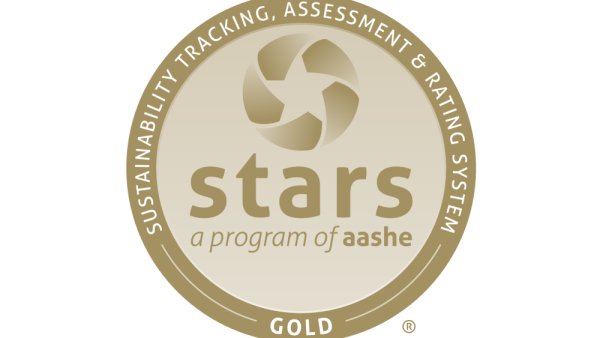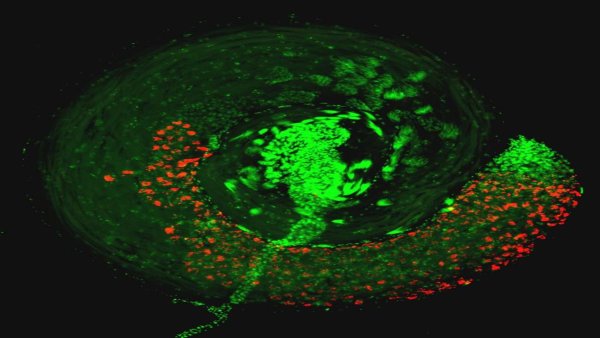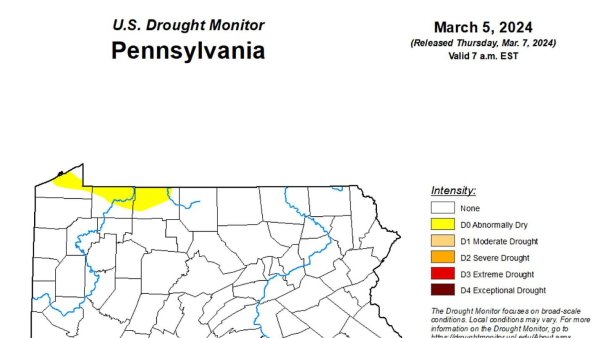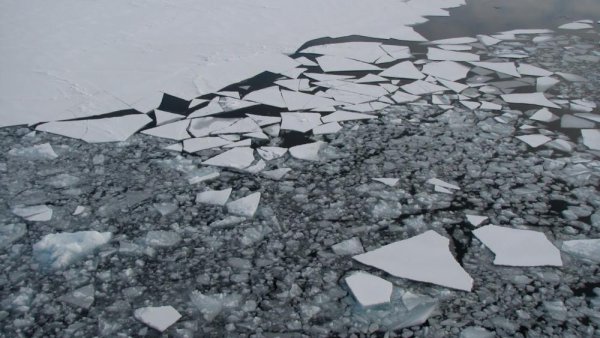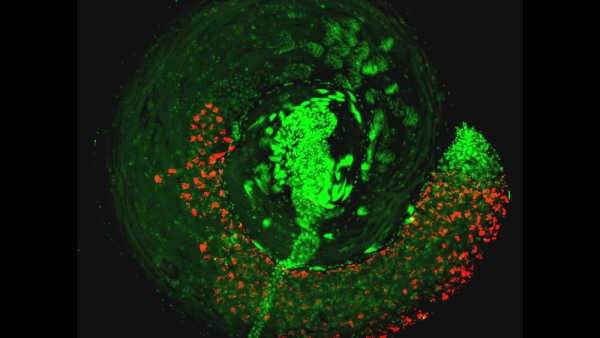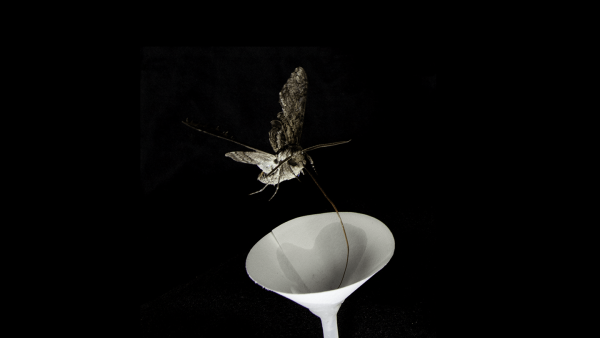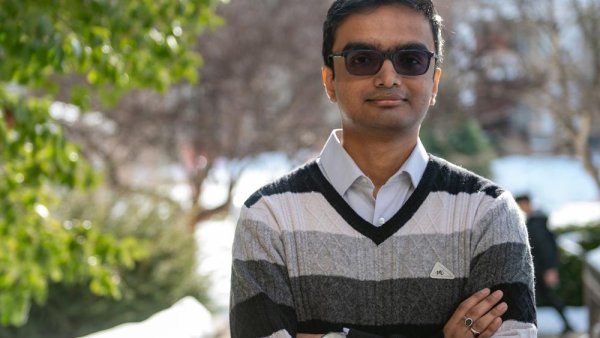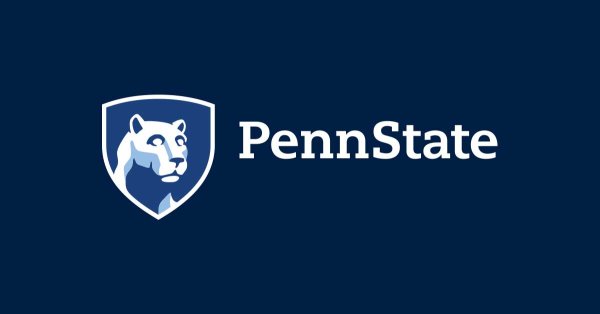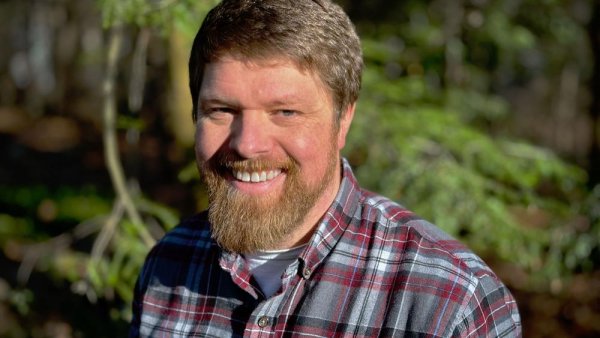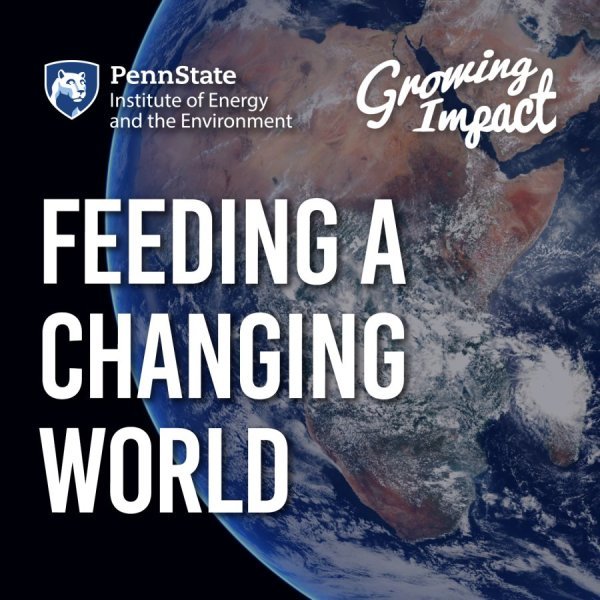A 'rain tax' spurs a storm of controversy in the Philly region, and a court case with broad implications
| inquirer.com
More towns around the country are charging stormwater fees. A court case may affect their future in Pennsylvania. This article quotes Andy Yencha, educator with Penn State Extension.
Penn State rates highly in the STARS sustainability performance rating
| psu.edu
Penn State’s University Park campus recently received notice of its fifth Sustainability Tracking, Assessment and Rating System (STARS) rating from the Association for the Advancement of Sustainability in Higher Education, with an improved gold rating — from a score of 74.49 in 2021, to 76.41 in 2024. This latest rating places Penn State at the top of participating Big Ten institutions in sustainability performance.
Virus hijacking insect sperm causes brutal sterility, find scientists
| interestingengineering.com
Penn State researchers unveil the tale of Wolbachia and its viral accomplice manipulating insect reproduction. This article quotes Seth Bordenstein, professor of biology and entomology.
What winter? Erie area is 'abnormally dry' due to lack of snow, rain
| goerie.com
Not all of Erie County is included under the designation of "abnormally dry" by the U.S. Drought Monitor. This article quotes Joey Akins, a field and forage crops educator with Penn State Extension.
Study explores impacts of Arctic warming on daily weather patterns in the U.S.
| psu.edu
Arctic sea ice is shrinking as the world continues to warm, and a new study led by researchers at Penn State may provide a better understanding of how the loss of this ice may impact daily weather in the middle latitudes, like the United States.
How does a virus hijack insect sperm to control disease vectors and pests?
| psu.edu
A new study led by researchers at Penn State has clarified how a widespread bacteria called Wolbachia and a virus that it carries can cause sterility in male insects by hijacking their sperm. These findings could improve techniques to control populations of agricultural pests and insects that carry diseases like Zika and dengue to humans.
How air pollution can make it harder for pollinators to find flowers
| sciencenews.org
Certain air pollutants that build up at night can break down the same fragrance molecules that attract pollinators like hawk moths to primroses. This article quotes José Fuentes, professor of meteorology and atmospheric science.
Electrical engineering researcher Abhronil Sengupta awarded NSF CAREER
| psu.edu
Abhronil Sengupta, the Joseph R. and Janice M. Monkowski Career Development Assistant Professor of Electrical Engineering in the Penn State College of Engineering, earned a five-year, $500,000 U.S. NSF CAREER Award.
Teaching excellence recognized in College of Agricultural Sciences
| psu.edu
Penn State's College of Agricultural Sciences has recognized seven faculty members for outstanding teaching in 2023.
Club connects students from diverse perspectives to learn about One Health
| psu.edu
Penn State's One Health Club seeks to connect students from any major, college or perspective who are interested in learning about the intersection of animal health, public health and environmental health.
Q&A: Sensors that monitor neurological conditions in real time
| psu.edu
A team of researchers led by Huanyu “Larry” Cheng, the James L. Henderson, Jr. Memorial Associate Professor of Engineering Science and Mechanics at Penn State, created a highly-sensitive and cost-effective sensor to better monitor the concentration in sweat or urine of dopamine and tyrosine, a neurotransmitter and an amino acid that are present in the brain.
Penn State biologist David Toews receives 2024 NSF CAREER Award
| psu.edu
David Toews, assistant professor of biology, has been honored with a Faculty Early Career Development (CAREER) award from the U.S. National Science Foundation.


